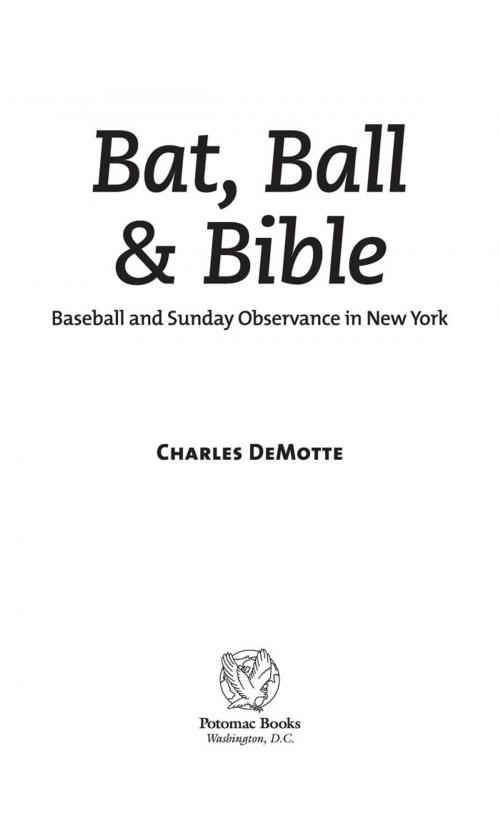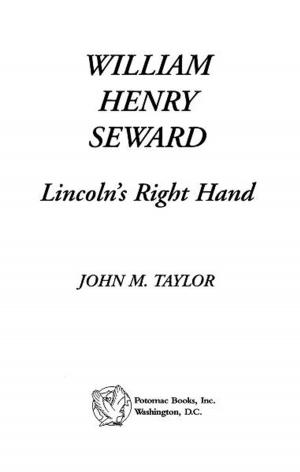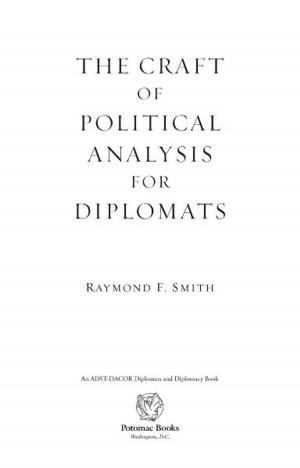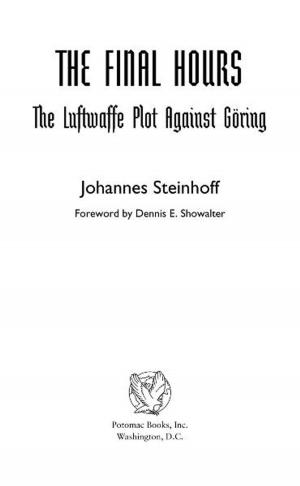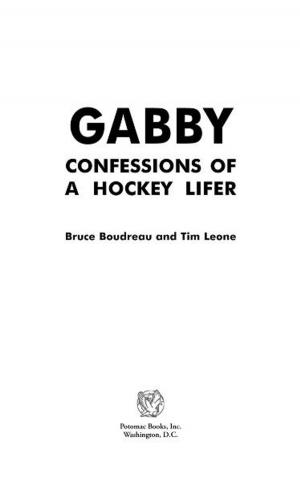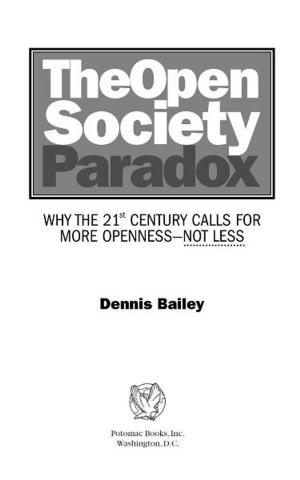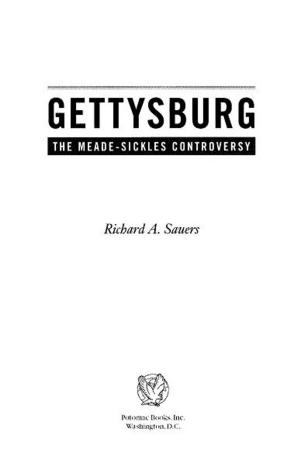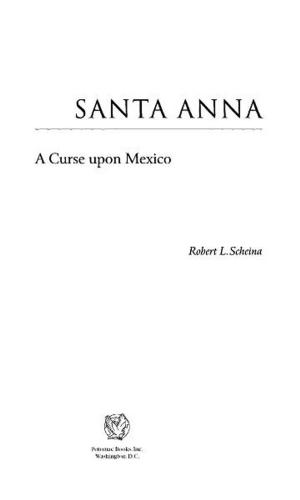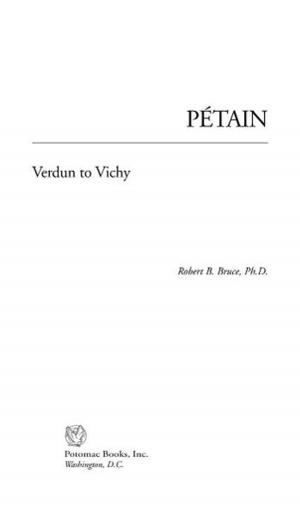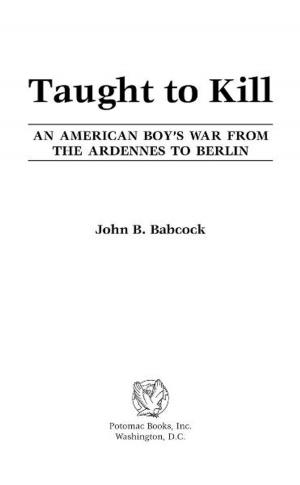Bat, Ball & Bible
Baseball and Sunday Observance in New York
Nonfiction, Sports, Baseball, History, Religion & Spirituality, Christianity, Church, Church & State, Americas, United States| Author: | Charles DeMotte | ISBN: | 9781597979481 |
| Publisher: | Potomac Books Inc. | Publication: | December 31, 2012 |
| Imprint: | Language: | English |
| Author: | Charles DeMotte |
| ISBN: | 9781597979481 |
| Publisher: | Potomac Books Inc. |
| Publication: | December 31, 2012 |
| Imprint: | |
| Language: | English |
During the late nineteenth and early twentieth centuries, moral and social forces collided in the argument over upholding New York State's blue laws, meant to restrict social activities and maintain Sunday's traditional standing as a day of religious observation. Baseball was at the center of this conflict, which led to upheaval in society at a time when New York, especially New York City, was already undergoing rapid changes.
From its inception, baseball, whether professional or amateur, was woven into the fabric of communities across the country and thus played an important social role. The baseball and the Sunday observance question involved the clash of religious organizations, civil and lobbying groups, and local and state politics. The debate intensified as other movements, such as temperance and the crusades against boxing and gambling, were beginning to gain momentum. Deep class, racial, religious, and ethnic divisions in New York's social order contributed to the issue as well.
Bat, Ball & Bible does not solely chronicle baseball during this period; rather, it illuminates a culture war whose effects are still being felt today. Reflecting a number of contemporary religious and cultural issues, the book has appeal far beyond baseball.
During the late nineteenth and early twentieth centuries, moral and social forces collided in the argument over upholding New York State's blue laws, meant to restrict social activities and maintain Sunday's traditional standing as a day of religious observation. Baseball was at the center of this conflict, which led to upheaval in society at a time when New York, especially New York City, was already undergoing rapid changes.
From its inception, baseball, whether professional or amateur, was woven into the fabric of communities across the country and thus played an important social role. The baseball and the Sunday observance question involved the clash of religious organizations, civil and lobbying groups, and local and state politics. The debate intensified as other movements, such as temperance and the crusades against boxing and gambling, were beginning to gain momentum. Deep class, racial, religious, and ethnic divisions in New York's social order contributed to the issue as well.
Bat, Ball & Bible does not solely chronicle baseball during this period; rather, it illuminates a culture war whose effects are still being felt today. Reflecting a number of contemporary religious and cultural issues, the book has appeal far beyond baseball.
